
February 12, 2024
After having to remove pro-Palestine posters in the fall, the student-run coffeehouse is re-opening with restricted poster and meeting policies.
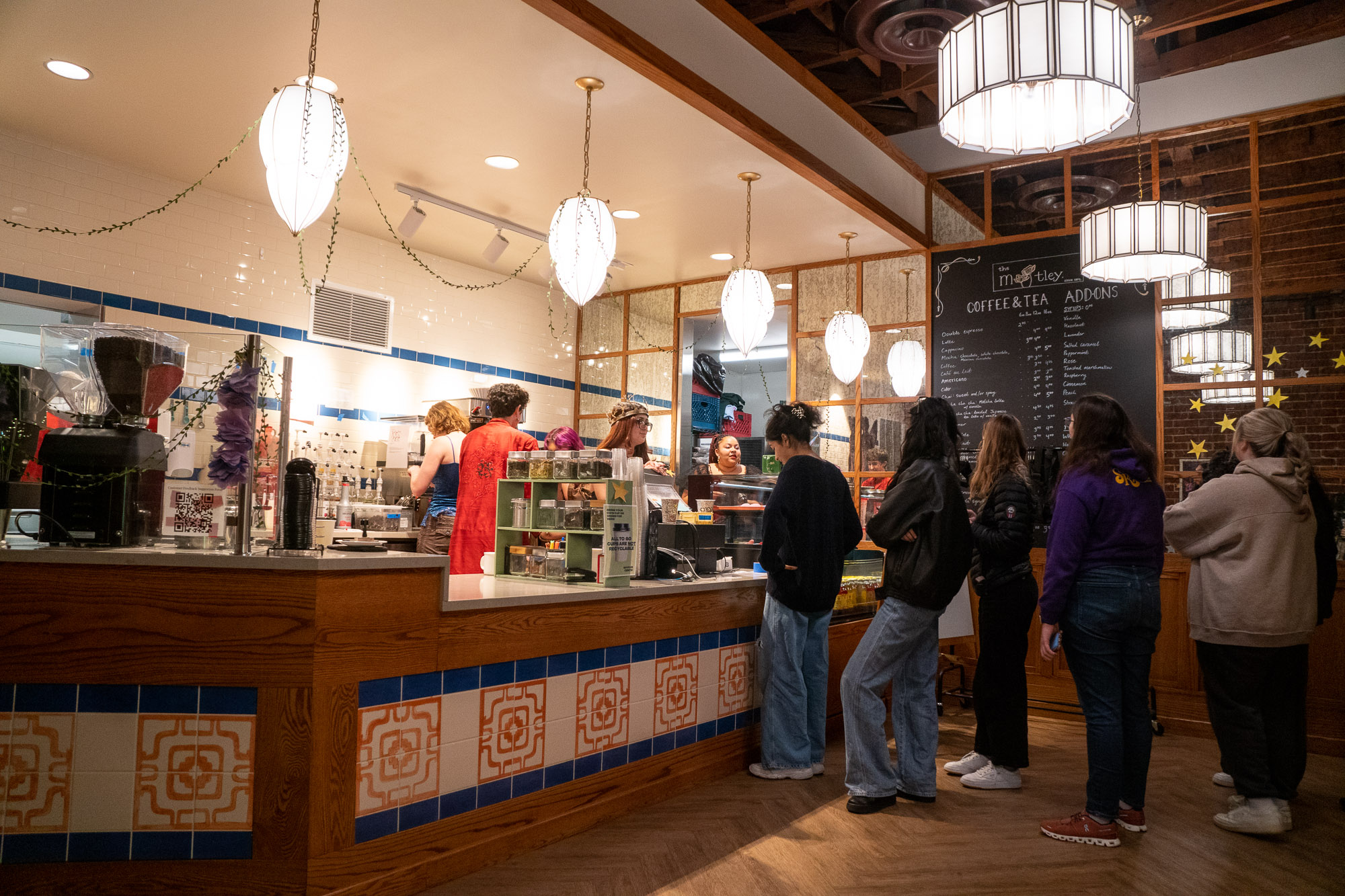
After asking Motley managers to remove pro-Palestine posters from the space last semester, a Scripps Dean demanded that the student-run cafe issue a “statement of inclusivity,” only allow college-approved posters to be put up in the space and restrict recurring after-hours meetings in order to re-open as planned on Feb. 8.
At a Jan. 19 meeting with Motley managers, Scripps Associate Dean Adriana di Bartolo-Beckman told students that she had received complaints from students, faculty and alumni that some students felt unsafe in the Motley due to pro-Palestine posters in the space.
di Bartolo-Beckman also voiced concerns about SJP’s usage of the space for weekly meetings. Multiple times during the meeting, she referred to the Motley “SJP headquarters,” Undercurrents confirmed separately with three managers who were present.
In a Jan. 18 email to all baristas, Motley managers called di Bartolo-Beckman’s demands “apalling” — but to prioritize baristas’ work hours, management is planning to comply with them and re-open the Motley on Feb. 8.
“As management, we are upset that administration is blatantly curtailing our autonomy as a student-run, student-occupied space,” the email to baristas read. “The Motley has always been a place for student expression, whether it be personal or political, and the administration’s recent efforts to censor one of the few student-run spaces on campus is appalling.”
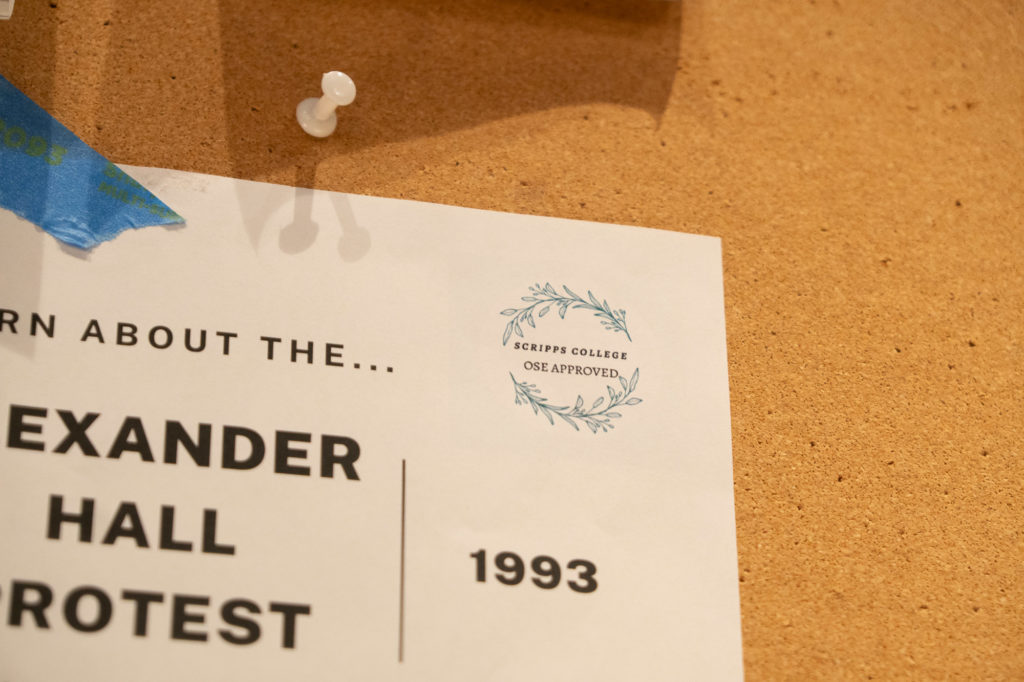
di Bartolo-Beckman previously asked the Motley’s head manager to take down pro-Palestine posters from the space in the fall. At the time, there were several “Free Palestine” posters on the glass of the service counter, and a larger one calling for a ceasefire posted on the wall.
The posters were put up by students visiting the Motley, not staff, Executive Manager River Rafferty SC ’25 told Undercurrents.
di Bartolo-Beckman, the faculty advisor for the Motley, first reached out to Rafferty on Jan. 11 to discuss Motley student management leadership changes. As part of the meeting, di Bartolo-Beckman told Rafferty that administrators would not allow the Motley to reopen unless three requirements were fulfilled. The requirements were also specified in a Jan. 15 email to Rafferty, which Undercurrents reviewed a copy of.
One is that the Motley follow Scripps’ flier posting policies, which require that all fliers be submitted to Scripps for approval beforehand, and include a student contact email on them. Another is that the Motley must publicly release “a statement of inclusivity, reiterating that the Motley is a place for all students at Scripps.”
di Bartolo-Beckman initially suggested that this statement be posted on Instagram, but accepted the physical posting of the Motley’s mission statement, with a statement of inclusivity on it, as an alternative.
At the Jan. 19 meeting, one manager asked why administrators were only paying attention to the inclusivity of the Motley now, pointing out that students of color had long felt unsafe in the space. di Bartolo-Beckman allegedly replied, “I don’t have an answer for that.”
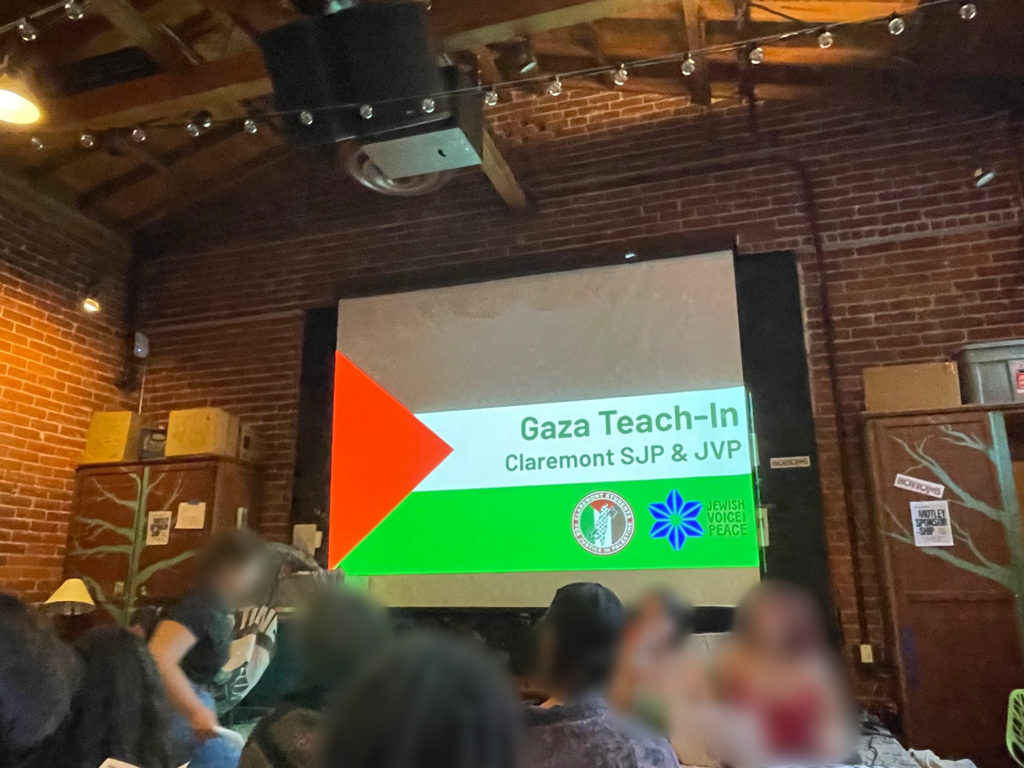
The dean also raised concerns about how clubs used the Motley as a club event space. di Bartolo-Beckman’s third demand was that the Motley create an open form for clubs to request usage of the Motley from 8 to 9 p.m. “If one group can meet during that time, others should be able to,” she wrote.
Multiple times during the Jan. 19 meeting, the dean called the Motley “SJP headquarters,” referring to Claremont Students for Justice in Palestine’s use of the space for weekly 8 to 9 p.m. meetings in the fall.
Undercurrents confirmed di Bartolo-Beckman’s Jan. 19 statements separately with three managers present at the meeting, who all asked to remain anonymous to prevent retaliation.
At the meeting, di Bartolo-Beckman also clarified that SJP and other clubs should not be able to make recurring after-hours reservations, but have to separately request the time every week.
The Motley already has an open form for reserving the space throughout the day, and reservations are granted on a first-come, first-serve basis, Rafferty said. Because usage of the Motley after hours requires the events manager to oversee the Motley beyond normal hours, after-hours requests are granted depending on the manager’s availability.
The Motley hosted events for a variety of groups after hours in the fall, including a watch party of the movie Bottoms for Scripps Associated Students from 8:30 to 10:30 p.m. on Oct. 5 and an Open Mic night for the Golden Antlers from 8 to 9:30 p.m. on Nov. 17, according to an event calendar Rafferty shared with Undercurrents. The space was also reserved by the Claremont Student Worker Alliance, 5C World Without Exploitation, the Empower Center, Scripps Advocates and other organizations during operating hours.

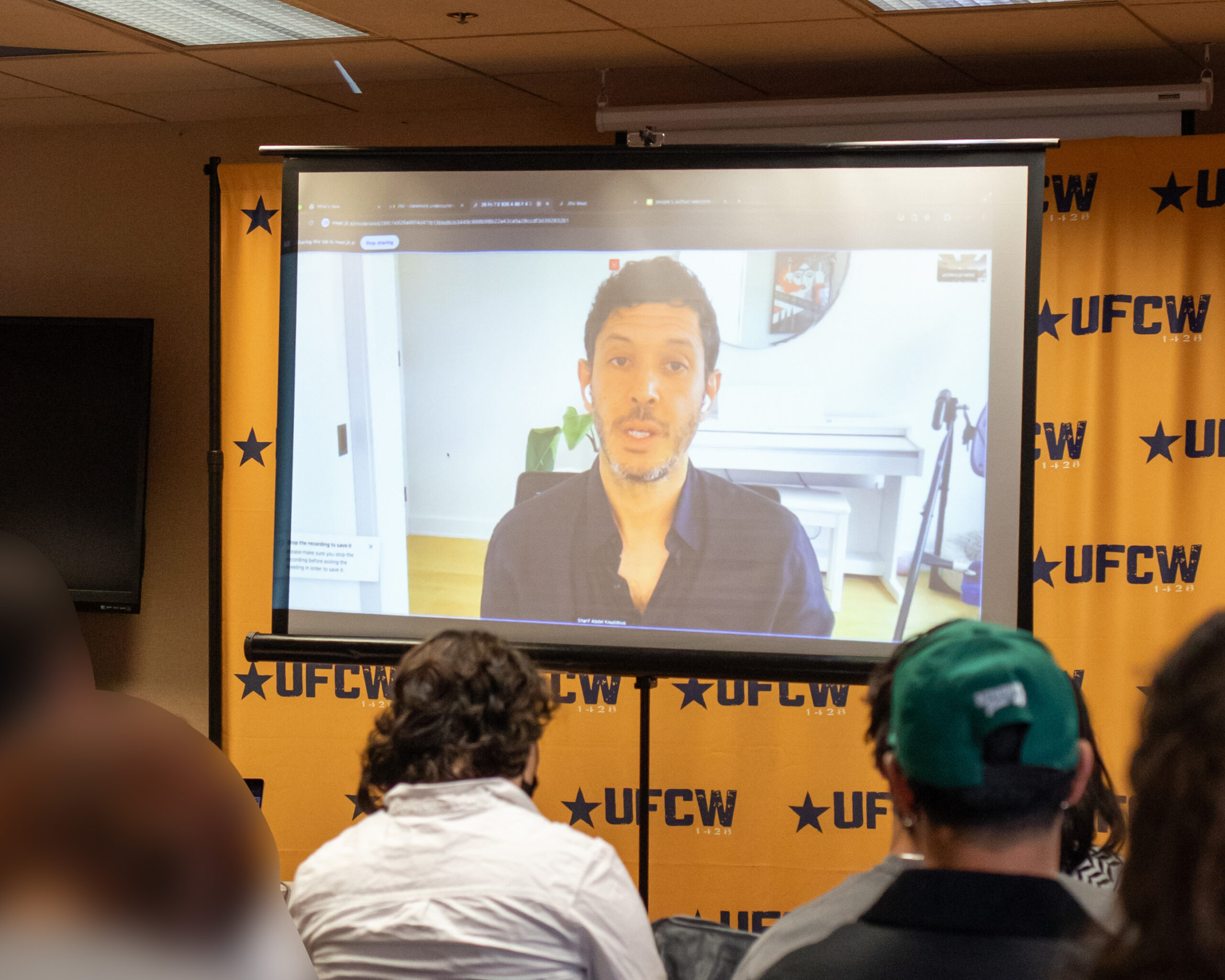
Commentary
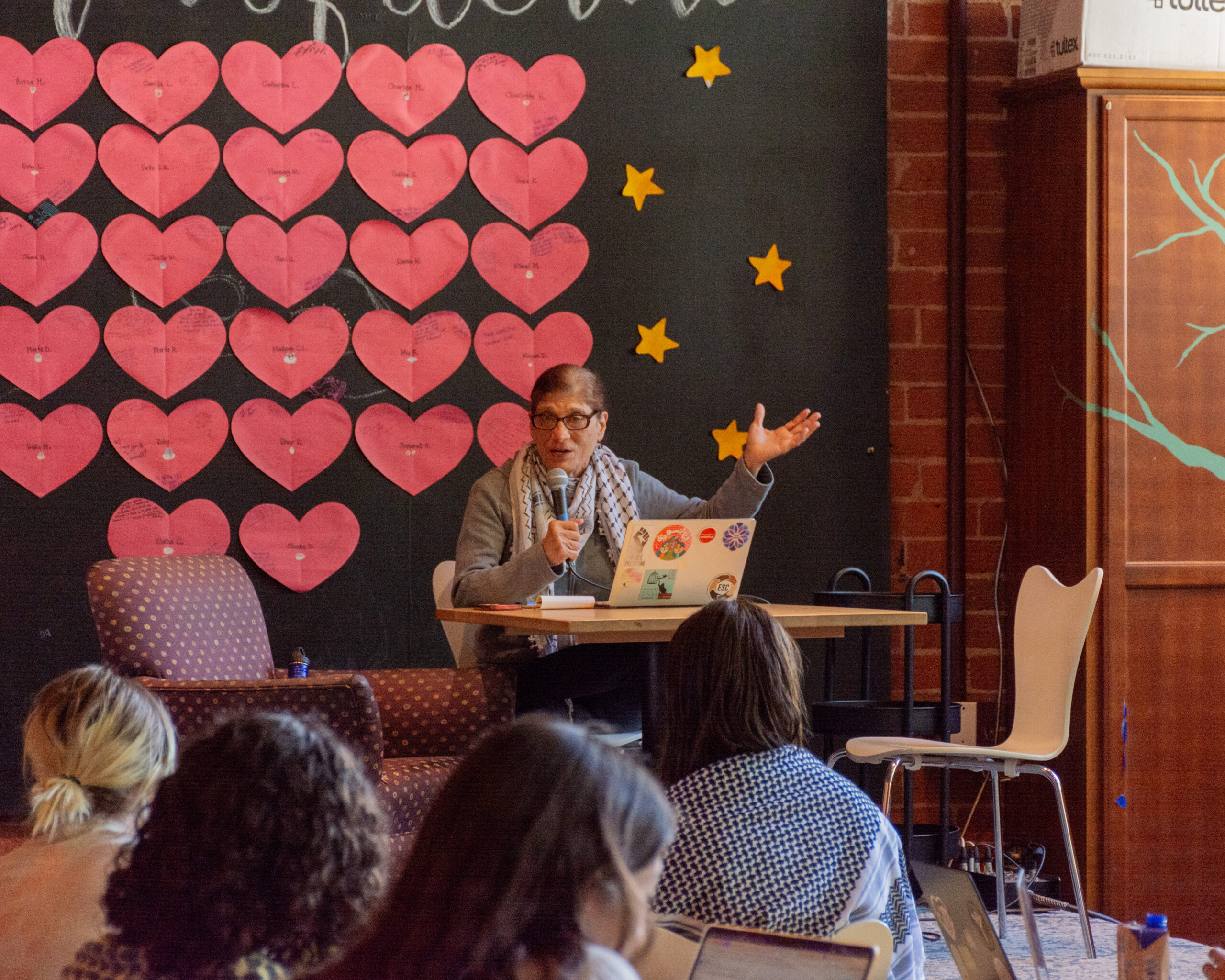
Palestine

Palestine

Undercurrents reports on labor, Palestine liberation, prison abolition and other community organizing at and around the Claremont Colleges.

Issue 1 / Spring 2023
Setting the Standard
How Pomona workers won a historic $25 minimum wage; a new union in Claremont; Tony Hoang on organizing
Read issue 1